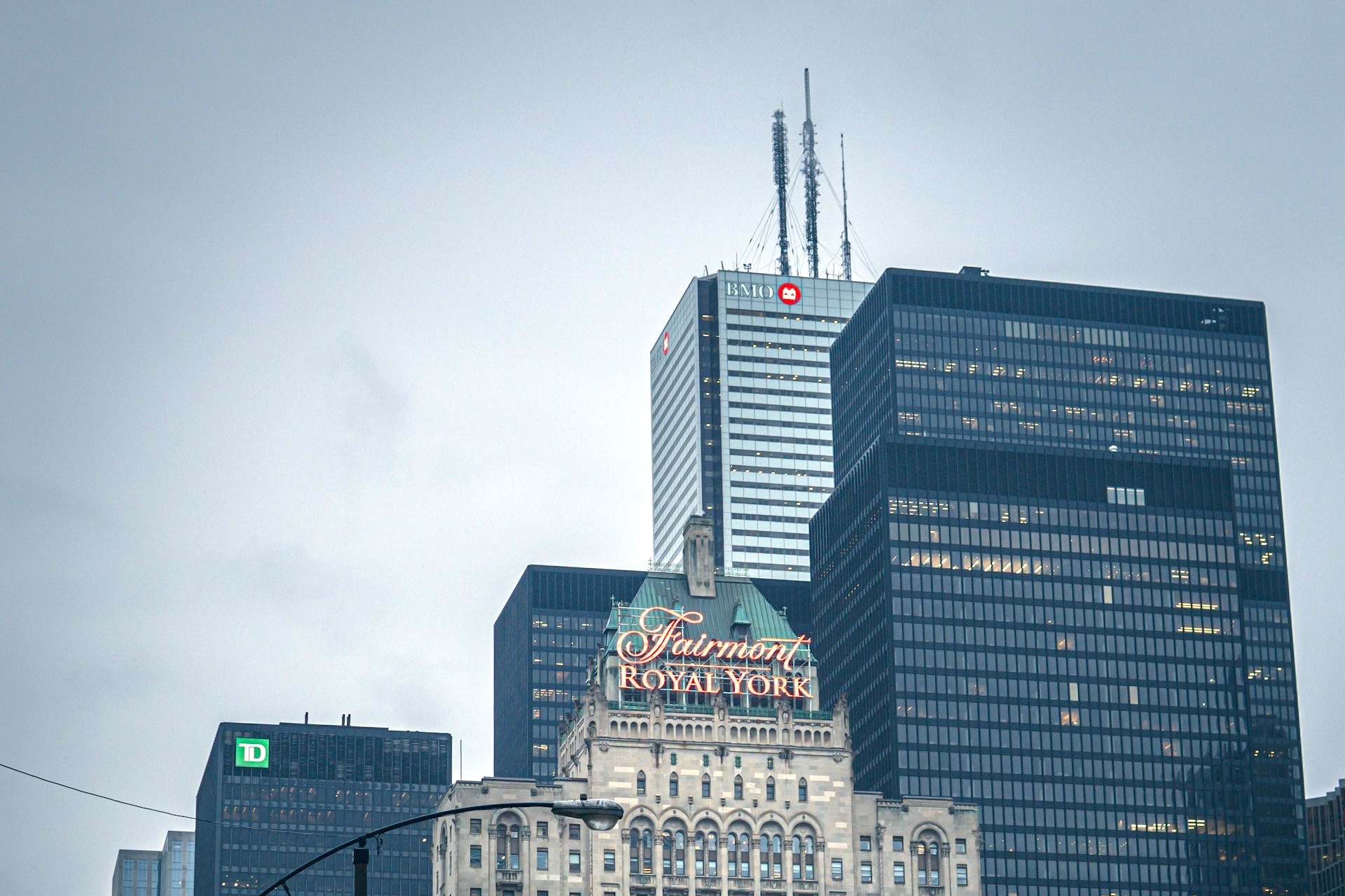The CBC article didn't make this entirely clear, but it wasn't 2 million visits a year, it was 2 million visits (for roughly 3.9 million meals) in the month of March 2023.Wait, are you calling me a Liberal?
The "30 encampments" includes things like the 2 tents at Nick Meagher Community Park. You claimed there were 30 "Tudeauvilles". I would assume to fit the definition of a "ville", it would need to more than just a 2 or 3 tents in a park, but a significant encampment. So, maybe more than the 5 designated ones, but not 30.
The number isn't 2,000,000 people, but 2,000,000 visits. It's not always the same people. If the same people visited the food banks every day all year, that would mean a total of only 5,479 people using foodbanks. Obviously, some people use it a lot, and some people maybe only have visited the foodbank once all year, but however you slice it, there are not millions of unique individual Canadians relying on foodbanks.
You can read the full report here: HungerCount - Food Banks Canada



